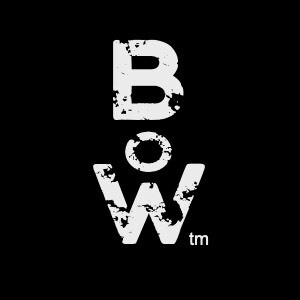

Thoughts on the Bible Readings (1 Kings 18, Jeremiah 44, 1 Corinthians 3) for Aug 23rd.
Three and a half years (42 months, 1260 days spoken of frequently in the book of Revelation) of grievous famine had devastated the land of Israel. This famine had been brought upon the idolatrous nation to punish it and prepare for Elijah's heartfelt call to turn to their God. Elijah returns and announces the contest between Yahweh and Baal. The prophet announces this to faithful Obadiah, who has in the face of great risk to his own life from Jezebel's murderous slaughter, hidden 100 of the LORD's prophets; and fed them from Ahab's own pantry. Elijah seems dismissive of Obadiah, but through him communicates the message to the king. The prophets of Jezebel, who numbered 850 in all, came to Mount Carmel for the contest to see which god would answer by fire. Baal, who was a) the god of harvest; and, b) the god of fire being the sun god; was allowed first opportunity. Given the famine, Baal had already proven himself a failure on the first count. Now, given a parched earth and a burning hot sun, he seemingly had the ideal conditions for the contest. Elijah mocks the frantic frauds. Then at the time of the evening sacrifice, as the sun was declining, he repairs the altar of Yahweh. Next the prophet saturates the slain bull in sea water and calls the people to him. He prays and the Almighty answers by fire. So intense was the fire that it even licked up the water from the trench around the altar. Israel's response was to shout "Yahweh, he is the God" (which was the meaning of the prophet Elijah's name). All of the prophets of Baal were entirely massacred. The prophet earnestly prayed for rain; compare verses 41-44 with James 5verses 17-18. Elijah is then told to run before Ahab's chariot as the king hastened home to his palace. In spirit and power the prophet miraculously ran, as a herald, before the king.
The prophet in his 44th chapter outlines the people's incapacity to learn the cause of their suffering. All those of Pathros would perish apart from a small remnant. The stupid leaders of Judah's remnants declare that the cause of their calamity came from a failure to persist in their sacrifices to the Queen of Heaven. It was such a degrading and idolatrous behaviour that the Almighty was judging. The prophet tells them that not only would they be destroyed, but Pharaoh Hophra would be taken captive by Nebuchadnezzar.
In 1 Corinthians 3 the Apostle regrets his readers lack of spiritual perception. This lack of spiritual understanding was evident in the Corinthians following of leaders. It was both carnal and infantile. All who God had provided as guides for His ecclesia were engaging in the same task - whether sowing, watering, or harvesting. They were all FELLOW workers with their Father. They were His farm, His building, as well as His coworkers. Paul claims to have been a master builder. He has built upon the sole foundation that has been laid - the faithful stone laid in Zion in our Lord Jesus Christ: Isaiah 28 verse 16 read and meditate the message. Each of us is building and care must be taken with what we have chosen to build - the trial of fire will test with what we have sought to build. It may be that our life's work is disastrous. However our Sovereign knows the intent behind our efforts and will save such as have laboured faithfully, even if the outcomes have not stood the test of time. In God's ecclesia we are either builders, or destroyers. Take great care of our behaviours in the household of God. Of chief importance is that our minds have been devoted to the Almighty, as a temple in which He chooses to dwell.
Thanks for joining us - we pray you found these comments helpful in your appreciateion of God's words, join again tomorrow at
https://christadelphianvideo.org/christadelphian-daily-readings/
More Episodes
All Episodes>>Create Your Podcast In Minutes
- Full-featured podcast site
- Unlimited storage and bandwidth
- Comprehensive podcast stats
- Distribute to Apple Podcasts, Spotify, and more
- Make money with your podcast











